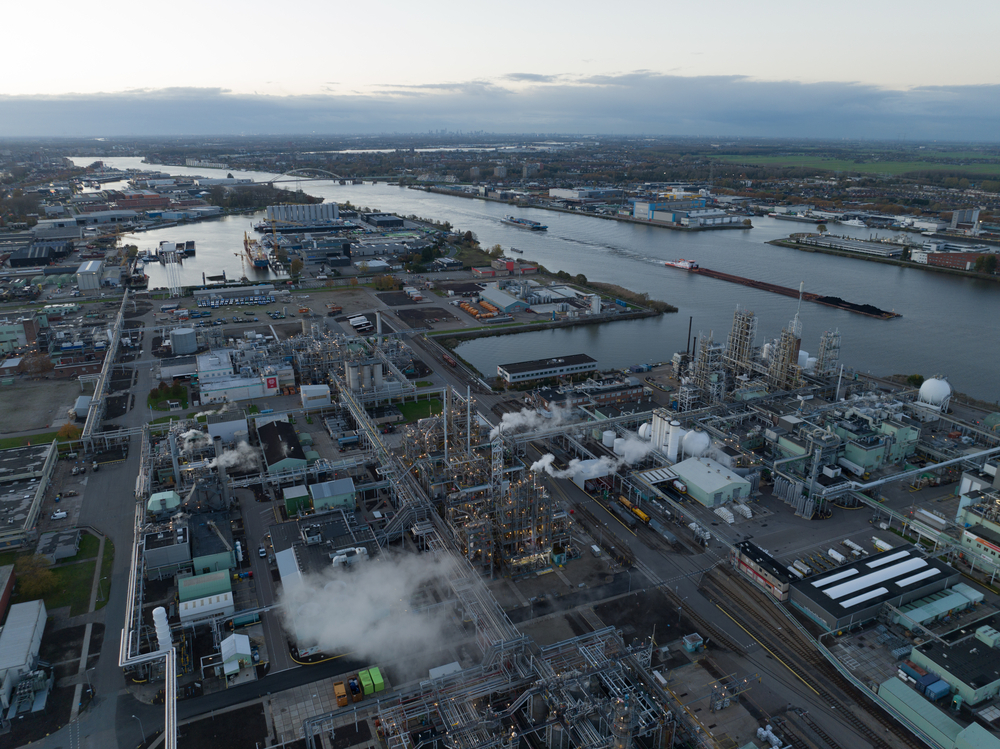All firms using PFAS chemicals told they must slash emissions

All types of the forever chemicals known as PFAS are to be included on the official Dutch list of “substances of very high concern” and that means all companies using them have to minimise their use and prevent all emissions, junior environment minister Chris Jansen told MPs on Thursday.
If emissions cannot be halted completely, firms must draw up a plan to reduce their emissions every five years, Jansen said in his briefing. The priority action list includes all chemicals which pose a danger to humans and the environment. PFAS are known to cause cancer and affect fertility.
The new order follows the inclusion of PFAS in the Ospar Convention, a treaty to protect the northeast Atlantic, which the Netherlands has signed. The fact that all PFAS are now included on the list will help ensure that emissions are reduced, Jansen said.
PFAS is a collective name for some 4,000 “forever chemicals” that do not break down in the environment. For example, PFAS is used in the non-stick coating of pans and to make rainwear waterproof.
PFAS pollution is a growing problem in the Netherlands. In July government officials sharpened their warnings about not letting children play in sea foam while at the beach because it could contain high concentrations of PFAS.
High concentrations of PFAS chemicals have also been found in the eggs of hens kept as a hobby all over the country.
Last year the RIVM warned people who go fishing as a hobby to sharply reduce their consumption of fish, shrimp, oysters and mussels caught in the Westerschelde estuary because of chemical pollution.
Dutch water companies are also worried that new projected EU guidelines to combat PFAS chemicals do not include a ban on their use in pesticides and say this is threatening drinking water quality.
The EU plans to stop the use of the harmful PFAS in many industries but not their inclusion in pesticides because these fall under separate EU regulations.
Thank you for donating to DutchNews.nl.
We could not provide the Dutch News service, and keep it free of charge, without the generous support of our readers. Your donations allow us to report on issues you tell us matter, and provide you with a summary of the most important Dutch news each day.
Make a donation